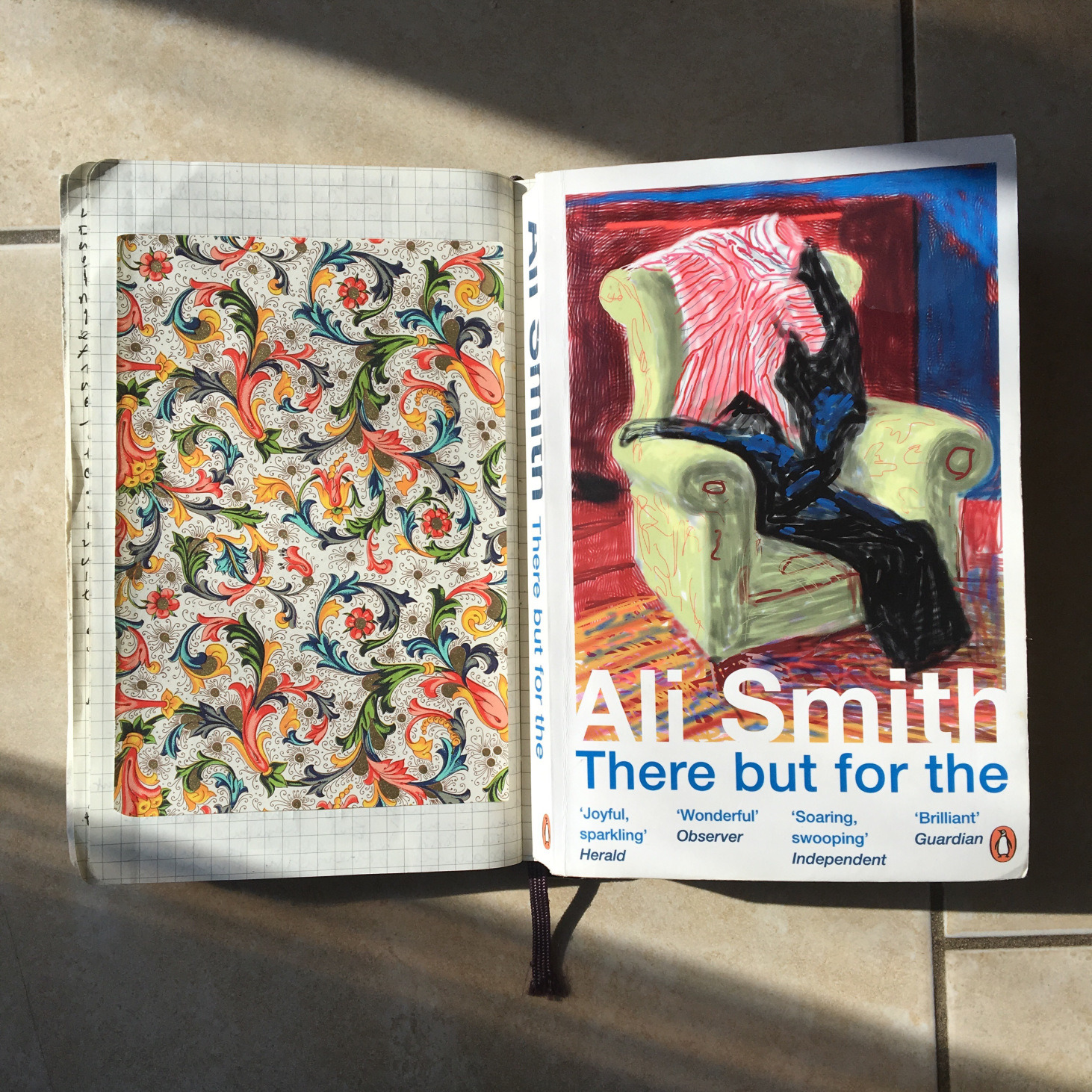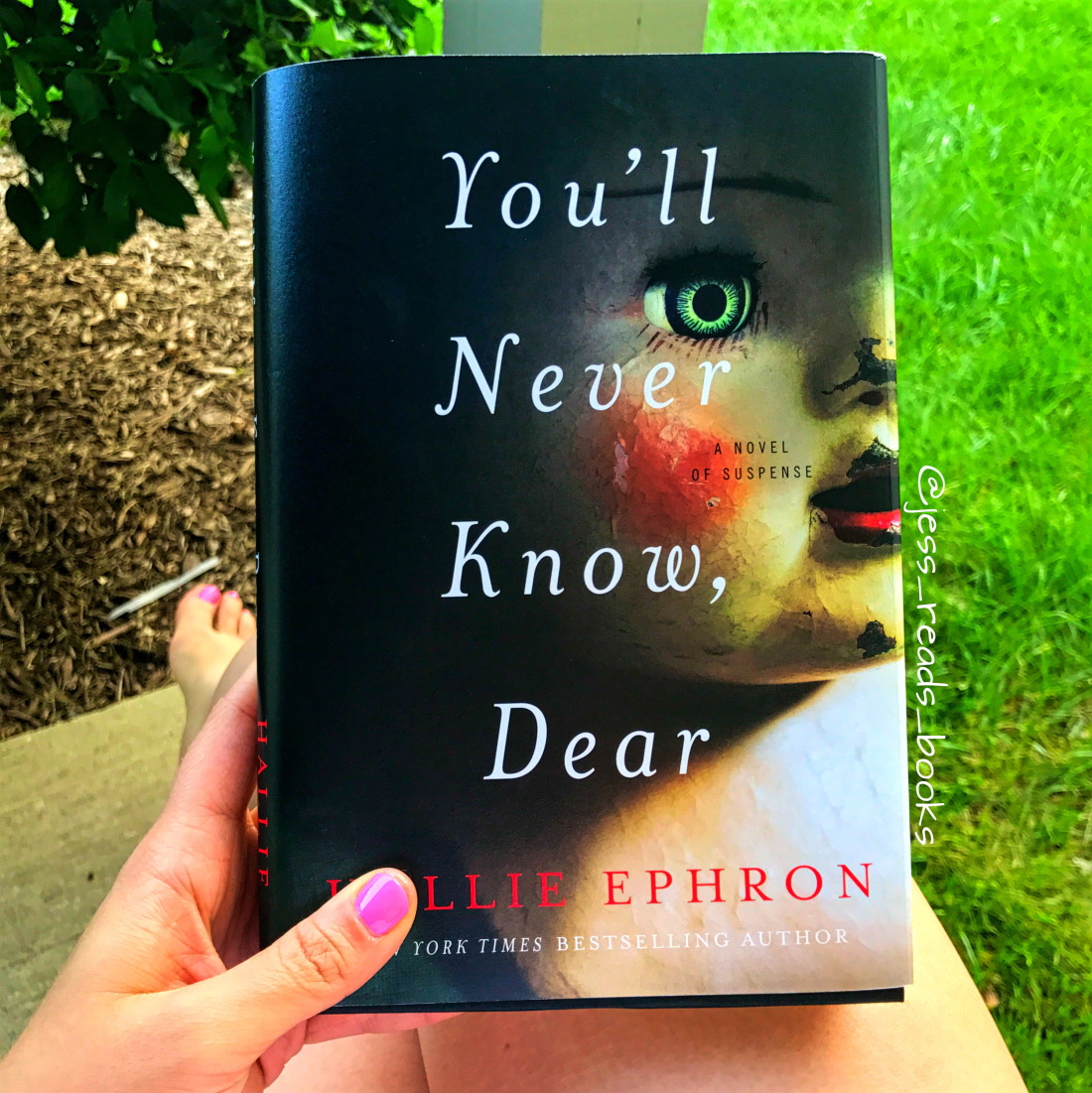
“Think how quiet a book is on a shelf, he said, just sitting there, unopened. Then think what happens when you open it.”
Rating: ★★★★
Primarily due to feeling quite awful about rating Girl Meets Boy so terribly, I thought I would review another of Smith’s books to show her writing in a different light because she is my favourite author and perhaps this time I will do her justice.
What I love so much about Smith’s writing is her blurring between boundaries. With the lack of speech marks, there’s often confusion between what is said and what is thought, and who is saying what. This sounds really confusing but its actually extremely clever in that it makes you think more in depth about the text. The title. There but for the what? There but for the grace of God go I? – A saying that essentially means you avoid the mistakes that others have made, yet understand them. Smith also wants us to view these four words as separate sections. There. But. For. The. Four different chapters of the novel.
Opening with a dinner party, Miles Garth takes himself upstairs and locks himself in one of the rooms, and doesn’t come out for months. The consequences of his actions are catalytic for the prose, and we see how he affects those around him. A character who is at first quite opaque, Miles Garth is shown to us through other characters, particularly Anna K. The novel is not entirely present, and we go back 20 years or so ago. It’s about communication, relationships. How you can lose contact so quickly with someone who meant so much to you before. There isn’t much plot. We are missing the last word of this sentence; for the what? More importantly – WHY? Why did Miles Garth lock himself in the guest room during this dinner party? Why does he eventually leave the room? The novel poses a lot of questions that are left unanswered, this lack of core in this story is what the prose evolves around. Miles is merely the connection between the four parts of the story. He has a relationship with all four of these people, and thus he is more of a pivotal point within the novel rather than the protagonist.
I find it incredibly difficult to know what to write or what to think about Ali Smith’s work. All I know, is that I loved this novel. It is hard to review because I’ve nothing to compare it to, and not a real plot to consider it a real story but rather a mixture of narratives and timelines, that have, at one point in time, crossed over. Her prose, as always, is lyrical and beautifully put. Such indulgent language is intellectual and filled with wordplay. It is a rewarding read and although at times confusing, I highly recommend.
Advertisements Share this:




